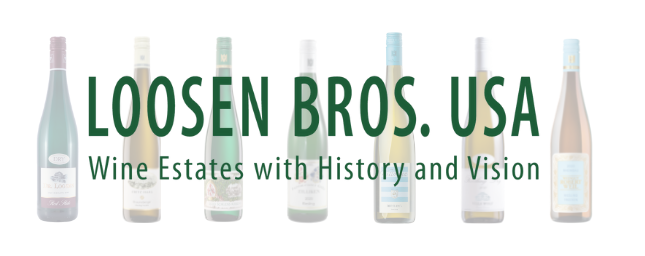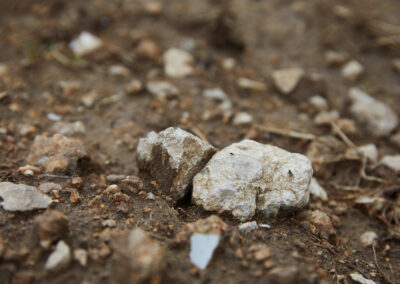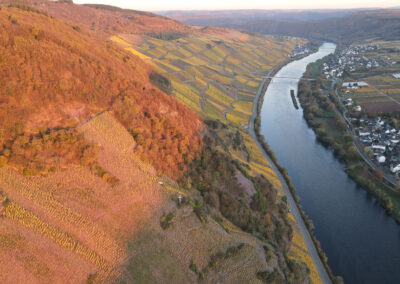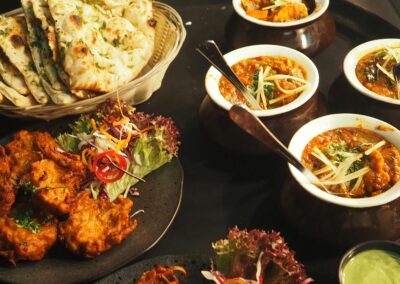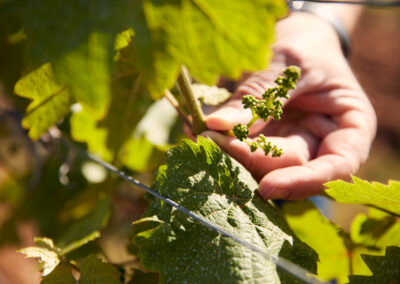As an importer, we are focused on representing winemakers and estates from around the world who are at the pinnacle of quality in their respective regions. The wines in our portfolio have a genuine sense of both place and character; they reflect the terroir of where they come from, the wine region’s history, and the estate’s family legacy. We’re very familiar with ancient winemaking history and tradition–each German estate in our portfolio is at least 147 years old.
Take a look at the timeline of estates in our portfolio. The Maximin Grünhaus estate was founded back in the 7th century! Fritz Haag wasn’t founded until 1605–almost 1,000 years later. And Robert Weil, the relative youngster in our portfolio, was founded in 1875. In total, our German portfolio represents over 1,400 years of winemaking excellence.

These history-rich estates are the perfect characterization of old-vine winemaking. For instance, the average vine age of the Dr. Loosen vines is 60 years, with some parcels as old as 130 years. But does the age of the vine really matter when it comes to winemaking? For all of our producers, the answer is a definite yes.
Once a vine reaches 25 years old, it’s considered mature and creates a noticeable difference in taste compared to younger vines. For one, the fruit from old vines is more concentrated. As the vine ages, it yields less fruit, but what it does produce is richer and more flavorful than that of a young vine. Older vines also have much deeper roots than young vines. These roots can pull water and soil nutrients from deep below the surface, which helps protect the vine from drought and floods. Finally, we believe that old vines have a stronger ability to express the unique characteristics of the specific vineyard sites in which they are grown.
Another factor that makes German wine special is the rivers and tributaries that are the backbone of the major wine regions. Rivers moderate the climate on land nearby, acting as both heat reservoirs and cooling agents. This creates an ideal environment where the grapes can ripen evenly while maintaining vital acidity. In other words, rivers counteract the sometimes-extreme natural elements of a cool-climate region, like the Mosel, and give winemakers better crops to work with each vintage.
Despite the benefits rivers provide to vineyards, however, a question remains: “is it enough to withstand the potentially damaging effects of climate change?” Erni Loosen shares his thoughts:

German winegrowers have an advantage over those in warmer climates. The traditional varieties grown here are primarily cool-climate varieties (Riesling, Silvaner, Spätburgunder). In previous decades, winegrowers feared their crops would never fully ripen—a fear that has now long since faded away. While many other winegrowing regions around the globe experiment with planting varieties better suited to warmer climates, Germany will continue to revel in their old vines and climate-moderated river valleys as they further the historical legacy of German winemaking excellence.
REMINDER: German Pre-Sale orders are due June 15, 2022. No exceptions. Please contact your Loosen Bros. USA Sales Director with questions and to place orders.

